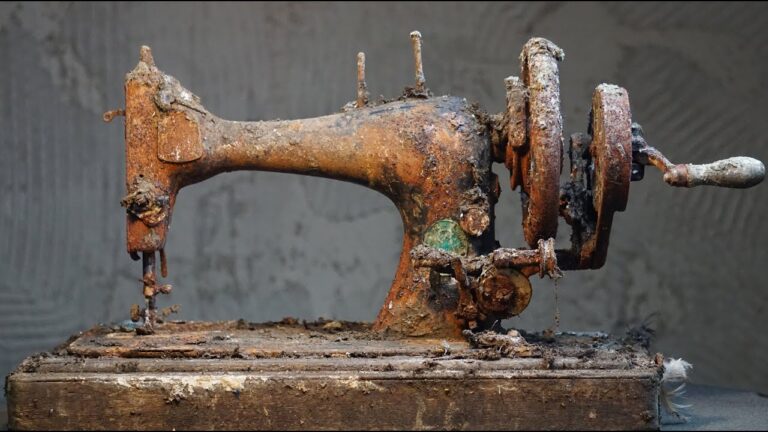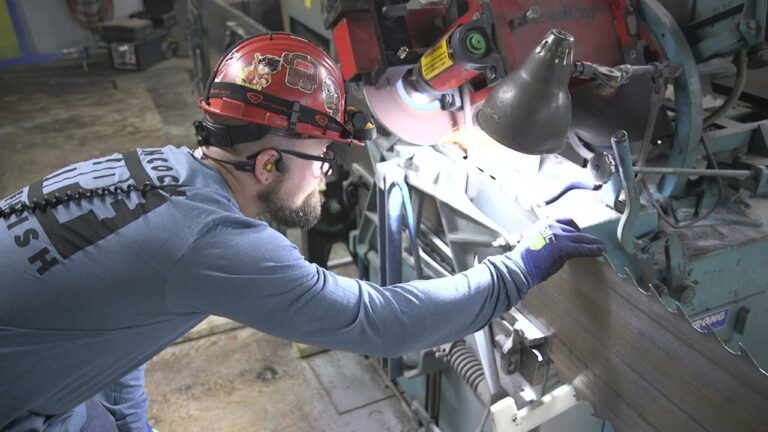Dressmaker Job: Description & Salary

Dressmaker Job Description Template
Dressmakers are skilled professionals who design, create, and alter clothing items. They work in various settings, including clothing manufacturing companies, tailor shops, and their own private studios. The job description of a dressmaker involves several important tasks and responsibilities. One of the primary duties of a dressmaker is to take measurements and create patterns for garments. They carefully analyze the client’s body shape and size to ensure a perfect fit. Using these measurements, they create templates or patterns that serve as the blueprint for the garment. Once the patterns are ready, dressmakers cut the fabric according to the specifications. They use various tools, such as scissors, sewing machines, and needles, to sew the pieces together. Dressmakers may also add decorative elements, such as buttons, zippers, or embroidery, to enhance the appearance of the garment. In addition to creating new garments, dressmakers also provide alteration services. They may adjust the length, width, or shape of an existing garment to meet the client’s requirements. This involves tasks like hemming, taking in or letting out seams, and adjusting sleeves or collars. Attention to detail and precision are crucial qualities for dressmakers, as they need to ensure that each garment is made with the utmost quality. They should also have good communication skills to understand the client’s preferences and provide appropriate suggestions. Overall, dressmakers play a vital role in the fashion industry by translating design ideas into tangible garments. Their expertise and craftsmanship contribute to the creation of unique and well-fitting clothing items that meet the specific needs and preferences of their clients.Dressmaker Responsibilities
Dressmaker Requirements
How Much Does A Dressmaker Make?
Dressmaker Salary
| Experience Level | Average Annual Salary |
|---|---|
| Entry Level | $25,000 – $35,000 |
| Mid-Level | $35,000 – $50,000 |
| Senior Level | $50,000 – $70,000 |
A dressmaker’s salary can vary depending on their level of experience. Entry-level dressmakers typically earn an average annual salary between $25,000 and $35,000. As they gain more experience and expertise, they can progress to mid-level positions, where the average salary ranges from $35,000 to $50,000 per year. Dressmakers with extensive experience and a high level of skill can reach senior-level positions, which come with an average salary of $50,000 to $70,000 per year. It’s important to note that these salary ranges can also be influenced by factors such as location, employer, and demand for dressmakers in the specific area.
Dressmaker Salaries by Country
Top Paying Countries for Dressmaker
| Country | Average Salary (USD) |
|---|---|
| United States | 50,000 |
| Switzerland | 45,000 |
| Australia | 40,000 |
| Canada | 38,000 |
| United Kingdom | 35,000 |
Dressmakers in the United States, Switzerland, Australia, Canada, and the United Kingdom are among the top earning professionals in their field. These countries offer attractive average salaries ranging from $35,000 to $50,000 per year. Dressmakers play a crucial role in the fashion industry, creating custom-made garments and ensuring high-quality craftsmanship. The demand for skilled dressmakers remains high, especially in countries with thriving fashion industries. If you aspire to pursue a career in dressmaking, considering these top paying countries can provide you with lucrative opportunities and a rewarding professional journey.
A video on the topic Dressmaker
Video Source : Rotten Tomatoes TrailersInterview Questions for Dressmaker
1. What is the role of a dressmaker?
A dressmaker is responsible for designing, sewing, and altering clothes according to the specific requirements and measurements of clients.
2. What skills are necessary to become a successful dressmaker?
Key skills for a dressmaker include sewing expertise, knowledge of garment construction, pattern-making skills, attention to detail, creativity, and good communication with clients.
3. How do dressmakers typically work with clients?
Dressmakers work closely with clients to understand their desired style, fabric preferences, and measurements. They may also provide guidance on design choices and offer suggestions based on their expertise.
4. What is the process for creating a custom-made garment?
The process typically involves initial consultations with the client to discuss design ideas, selecting suitable fabrics, taking measurements, creating a pattern, sewing the garment, and providing any necessary alterations for a perfect fit.
5. What types of garments can a dressmaker create?
A dressmaker can create various types of garments, including dresses, skirts, blouses, shirts, trousers, suits, jackets, and formal wear such as bridal gowns and evening dresses.
6. How do dressmakers stay updated with the latest fashion trends?
Dressmakers often attend fashion shows, participate in workshops and training programs, read fashion magazines, and follow industry blogs to stay informed about the latest fashion trends and techniques.
7. What steps do dressmakers take to ensure the quality of their work?
Dressmakers ensure quality by using high-quality fabrics and materials, paying attention to detail during the sewing process, conducting thorough fittings and measurements, and providing necessary alterations to achieve the desired fit and finish.
8. How do dressmakers handle challenging requests or difficult clients?
Dressmakers approach challenging requests or difficult clients with patience and professionalism. They listen to the client’s concerns, offer solutions or compromises when possible, and strive to meet the client’s expectations while maintaining the integrity of their work.
9. How long does it typically take for a dressmaker to complete a custom-made garment?
The time required to complete a custom-made garment depends on various factors such as the complexity of the design, the availability of fabrics and materials, and the dressmaker’s workload. It can range from a few weeks to several months.
10. What are the advantages of choosing a dressmaker over buying ready-to-wear garments?
Choosing a dressmaker allows for personalized designs, perfect fit, and the ability to select fabrics and details according to individual preferences. It also provides the opportunity to support local artisans and promote sustainable fashion practices.






